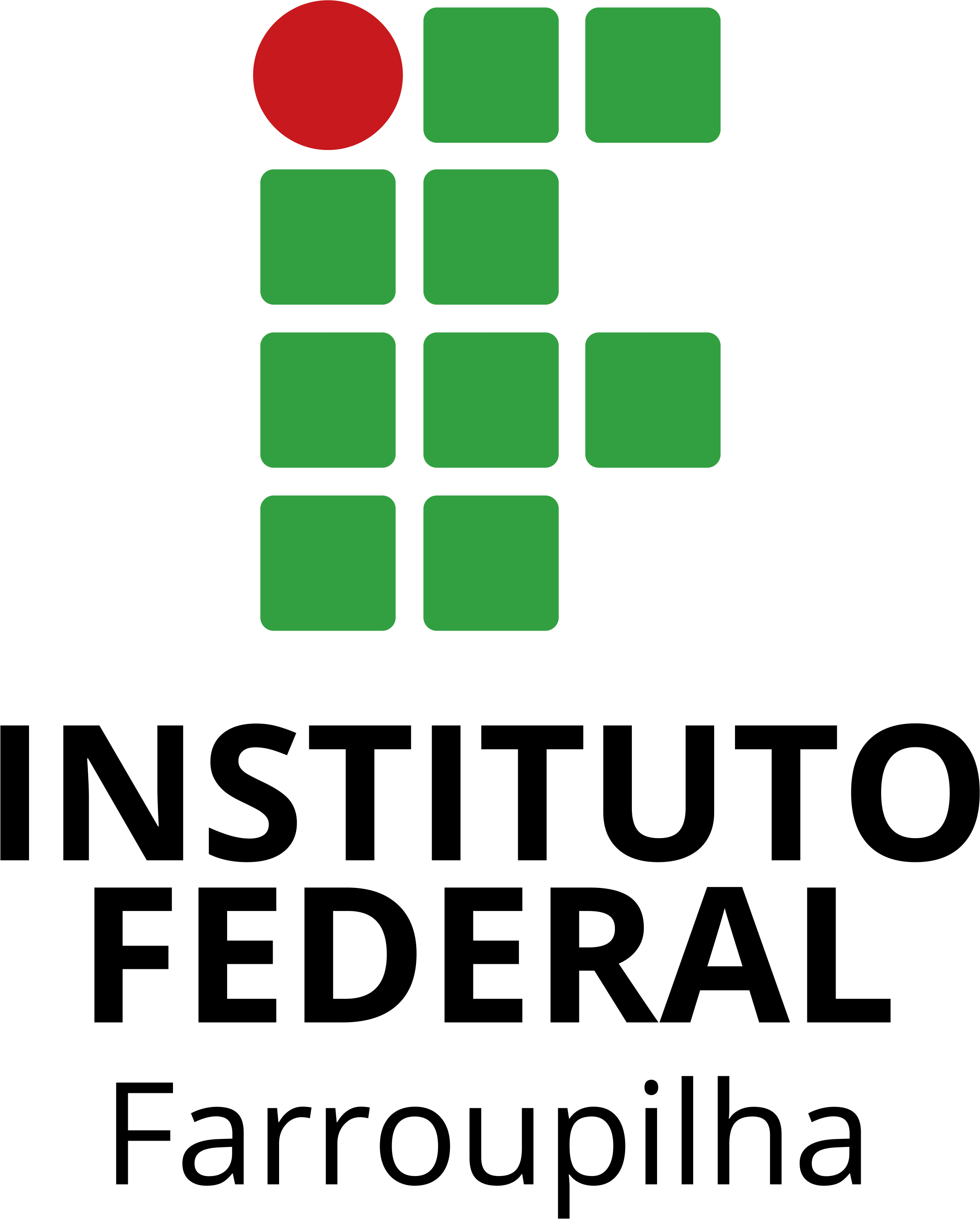Do preço para o apreço: novas relações entre atores em processos de agricultura apoiada pela comunidade
Carregando...
Data
2022
Autores
Título da Revista
ISSN da Revista
Título de Volume
Licença Creative commons
Tipo
Tese
Resumo
A Agricultura Apoiada pela Comunidade (AAC), ou Community Supported Agriculture (CSA) ou Associação pela Manutenção da Agricultura de Proximidade (AMAP), representa novos arranjos na relação entre o agricultor e a sociedade que ultrapassam a lógica do mercado, reforçando os anseios dos consumidores e agricultores que buscam a forma mais humana e holística de tratar a produção e o consumo de alimentos. Com o propósito de compreender esse fenômeno, buscou-se na Teoria das Convenções e no conceito de Redes Alimentares Alternativas, as bases teóricas e contextos para conseguir, por meio da pesquisa interpretativa, compreender os motivos pelo quais os consumidores decidem apoiar um agricultor familiar e, com isso, fazer a transição da cultura do preço para a cultura do apreço. Esta tese tem como objetivo geral analisar as formas de coordenação ou de convenção observadas nas relações entre os atores envolvidos nas Comunidades que Sustentam a Agricultura (CSA) do Rio Grande do Sul, Brasil, e na Associação pela Manutenção da Agricultura de Proximidade (AMAP/CSA) de Portugal. Como objetivos específicos foram estabelecidos os seguintes: i) Aprofundar aspectos teóricos sobre a Teoria das Convenções; ii) Identificar os cenários das CSA do Rio Grande do
Sul, Brasil, e das AMAP/CSA, Portugal; iii) Descrever as iniciativas, analisando os papéis
desempenhados pelos atores sociais envolvidos, bem como as ações que justificam seus posicionamentos; iv) Analisar as dinâmicas e os elementos que revelam a forma de coordenação
ou convenção (doméstica; mercantil; industrial; cívica; opinião; inspiração) das iniciativas. A Teoria das Convenções contribuiu para se chegar à compreensão sobre os tipos de relações existentes entre os consumidores e agricultores. Para tal, foram realizadas uma pesquisa empírica qualitativa exploratória, entrevistas, aplicação de questionários e análise de redes sociais das CSA do Rio Grande do Sul e AMAP/CSA de Portugal. O resultado da pesquisa revela que a motivação para fazer parte de uma CSA ou AMAP não é econômica e está alicerçada no consumo de alimentos orgânicos, melhorias na saúde, participação em práticas culturais, diversificação da produção e consumo local. O perfil dos atores das CSA do Rio Grande do Sul e da AMAP/CSA de Portugal é constituído com base nas relações entre
agricultores e coagricultores envolvidos, as quais caracterizam-se por diferentes formas de convenção, com destaque para: a) as convenções doméstica, cívica e opinião nas AMAP; e b) doméstica, opinião e inspiração nas CSA. Para a sociedade, esse novo arranjo de produção e distribuição de alimentos se apresenta como positivo em diversos aspectos, principalmente, pelo aumento da consciência ambiental, valorização da atividade da agricultura familiar campesina, consumo consciente e soberania alimentar. Considera-se como uma contribuição importante desta pesquisa o entendimento de como as atividades de um sistema alimentar alternativo propiciam o desenvolvimento de redes e fortalecem as relações entre os envolvidos.
Resumo em Língua Estrangeira
Community Supported Agriculture (CSA), or Association for the Maintenance of Proximity Agriculture (AMAP), represents new arrangements in the relationship between the farmer and society that go beyond the logic of the market, reinforcing the expectations of the consumers and farmers who seek the most humane and holistic way of dealing with food production and consumption. To understand this phenomenon, the Theory of Conventions and the concept of Alternative Food Networks were searched for the theoretical bases and contexts to be able, through interpretive research, to understand the reasons why consumers decide to support a family farmer and, with this, make the transition from the culture of price to the culture of appreciation. This thesis aims to analyze the forms of coordination or convention observed in the relationships between the actors involved in Communities that Support Agriculture (CSA) of Rio Grande do Sul, Brazil, and in the Association for the Maintenance of Proximity
Agriculture (AMAP/CSA) from Portugal. As specific objectives, the following were established: i) To deepen theoretical aspects on the Theory of Conventions; ii) To identify the scenarios of CSA in the Rio Grande do Sul, Brazil, and AMAP/CSA in Portugal; iii) To describe the initiatives, analyzing the roles played by the social actors involved, as well as the actions that justify their positions; iv) To analyze the dynamics and elements that reveal the form of coordination or convention (domestic, commercial, industrial, civic, opinion, inspiration) of the initiatives. The Theory of Conventions contributed to the understanding of the types of relationships that exist between consumers and farmers. To this end, exploratory qualitative empirical research, interviews, questionnaires, and analysis of social networks of the CSA of Rio Grande do Sul and AMAP/CSA of Portugal were carried out. The survey results reveal that the motivation to be part of a CSA or AMAP is not economic and is based on the consumption
of organic foods, improvements in health, participation in cultural practices, diversification of production, and local consumption. The profile of CSA actors in the Rio Grande do Sul and AMAP/CSA in Portugal is based on the relationships between farmers and co-farmers involved, which are characterized by different forms of convention, with emphasis on a) domestic conventions, civic and opinion in the AMAP; and b) domestic, opinion and inspiration in the CSA. For society, this new food production and distribution arrangement are positive in several aspects, mainly due to the increase in environmental awareness, appreciation of the activity of peasant family farming, conscious consumption, and food sovereignty. An important contribution of this research is the understanding of how the activities of an alternative food system promote the development of networks and strengthen the relationships between those involved.
Orientador(a)
Primeiro membro da banca
Segundo membro da banca
Terceiro membro da banca
Idioma
por
País
Portugal
Instituição
Universidade de Trás-os-Montes e Alto Douro
Sigla
UTAD
Campus
Programa
Tipo de acesso
Acesso Aberto
Nível acadêmico
Doutorado

